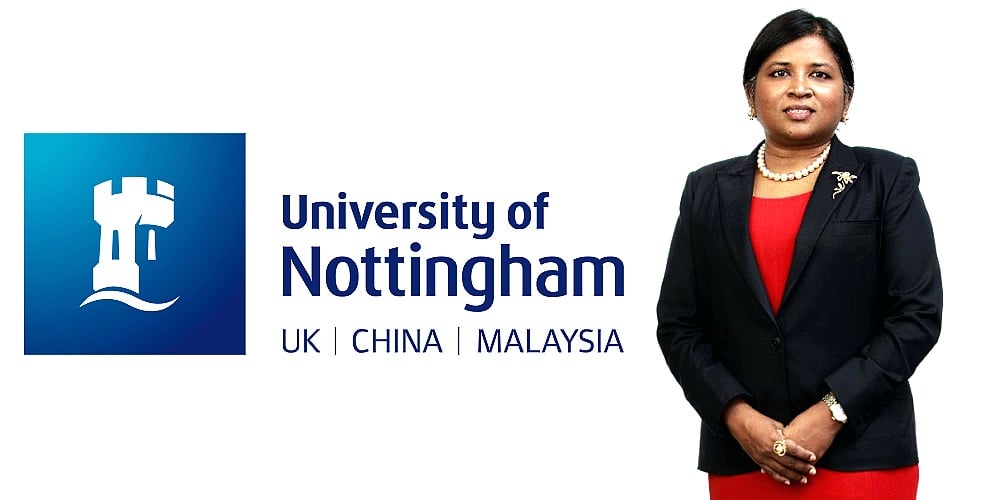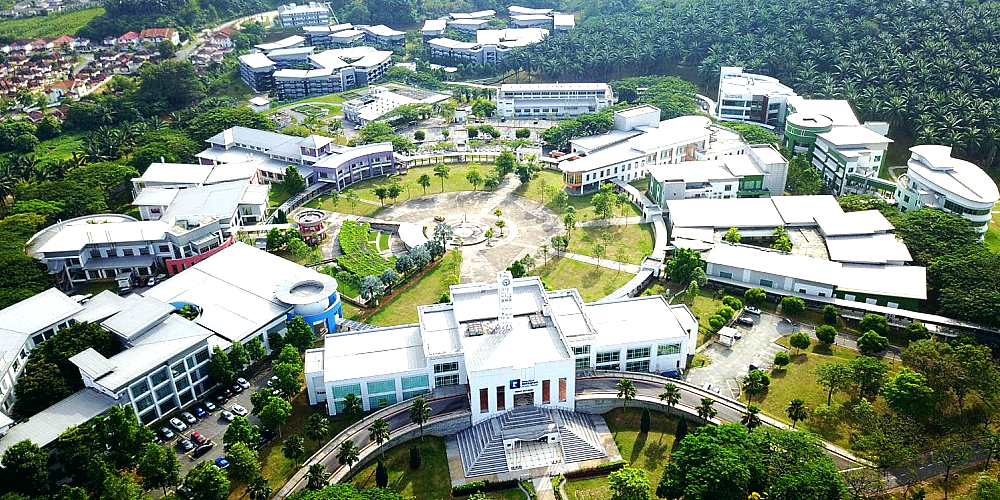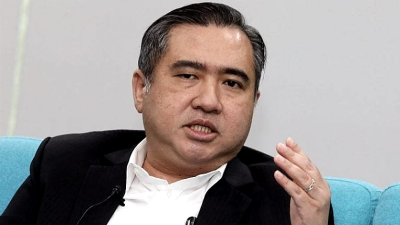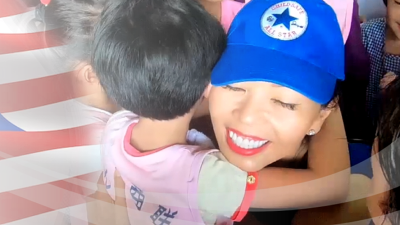
The principles of differentiated and flexible learning have recently emerged in higher education discourse in Malaysia, following the announcement of Minister Datuk Seri Mohamed Khaled Nordin on 5 June that flexible learning was being offered for 95 degree courses in 19 public universities.
In recent years, differentiated and flexible learning have gained sufficient traction globally, given the ever-evolving landscape of education.
These pedagogical approaches are potent as they recognize that learners have unique abilities, learning styles and interests.
In embracing these differences, educators acknowledge the diverse needs of students and tailor instructional (and assessment) methods accordingly.
This is turn is a recognition of the dynamism in the ever-changing future which the graduates are preparing for.
But what are these principles and why are we now required to change our time-honored instructional strategies?
Differentiated learning is the antithesis of the current one-size-fits-all model.
It promotes an inclusive classroom where teachers cater for individual strengths and challenges by adapting teaching techniques, content and assessment strategies.
It takes outcome-based education, adopted in Malaysia since 2007, to the next level.
Differentiated learning does not change the learning targets (outcomes), but rather ensures achievement of them through varied and purposeful ways.
This approach maximizes learning outcomes and fosters a sense of belonging and confidence among students.
The current system is largely based on pedagogies used successfully when only 5% of the population were in tertiary education, while many countries, including Malaysia, have already breached the 40% mark.
The principle of differentiated learning hinges on the recognition and capitalization of students’ distinct attributes to cultivate a love for learning and deeper engagement.
Flexible learning, on the other hand, extends the philosophy of differentiated learning to the structure of education itself. These principles work in tandem.
Flexible learning is premised on the knowledge that evolving social dynamics and technological advancements are transforming the world rapidly.
Thus universities, tasked with preparing graduates for the future, must instill adaptability, critical thinking, and problem-solving skills among the students.
Students should be allowed to take control of their learning.This can be affected through flexible learning models, such as online and blended learning, self-paced modules, and project-based assessments, which ultimately develop students’ intrinsic motivation and enable them to thrive in a complex and interconnected world.
In conclusion, Malaysia’s move towards adopting differentiated and flexible learning principles stands as a beacon of progressive education, particularly in the ASEAN region.
By valuing the individuality of learners and embracing the fluidity of the evolving world, we help foster holistic development of our graduates in accordance with our national education philosophy.
We can also foster lifelong learning skills which will help illuminate our graduates’ paths for a brighter future.
As educators refine their practices to accommodate diverse needs and future uncertainties, they pave the way for students to become agile thinkers and contributing members of a global society.

(Dr Rozilini M. Fernandez-Chung is Associate Professor of Education, Faculty of Social Sciences, University of Nottingham Malaysia, and Executive Director, Center for Academic Partnerships and Engagement, CAPE.)
ADVERTISEMENT
ADVERTISEMENT








































